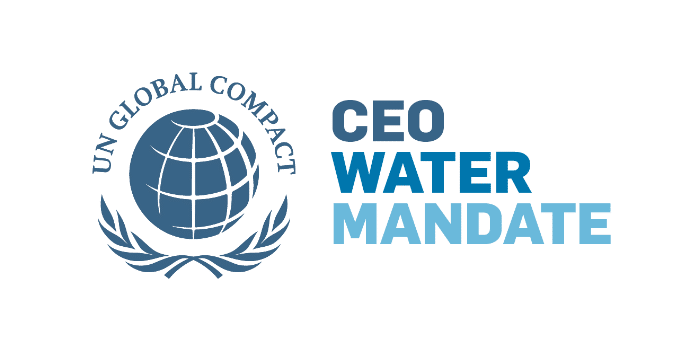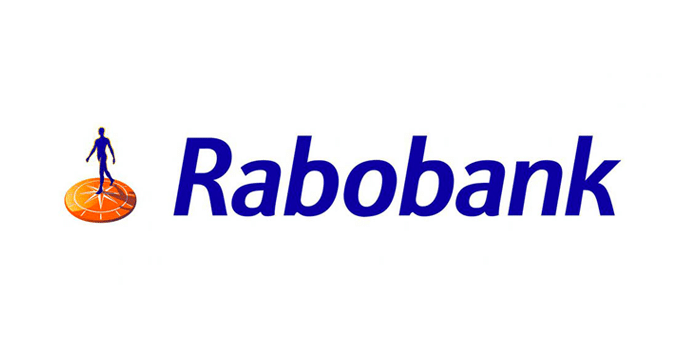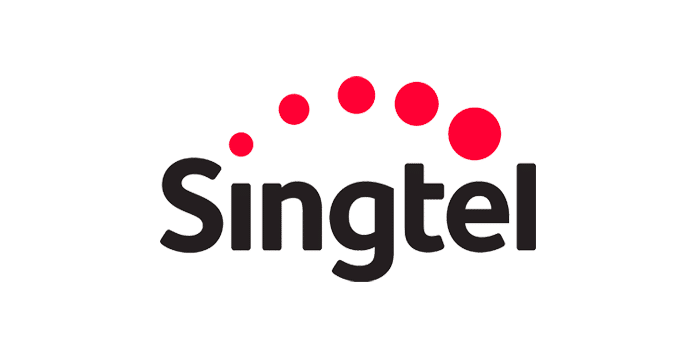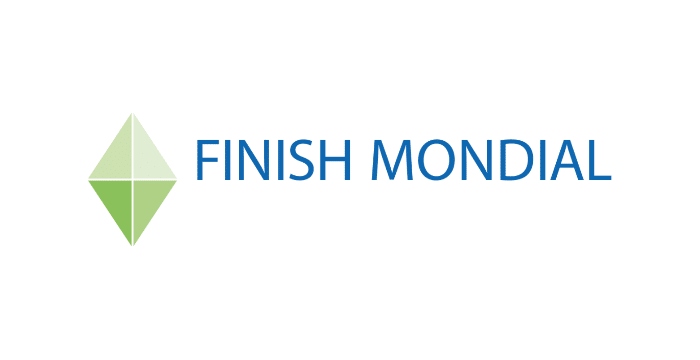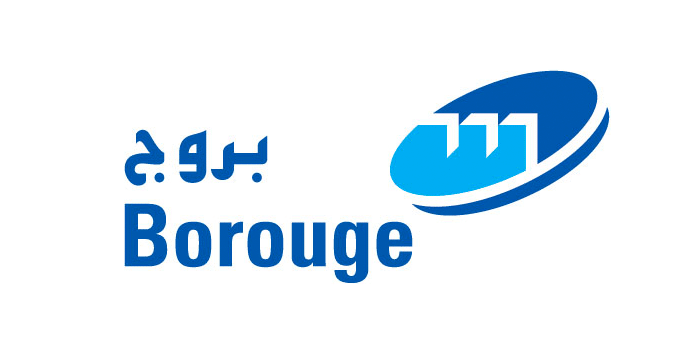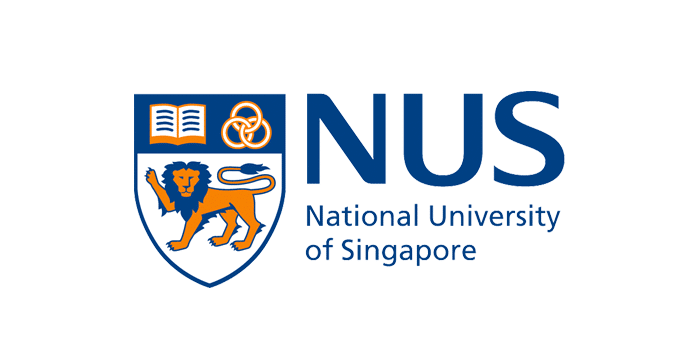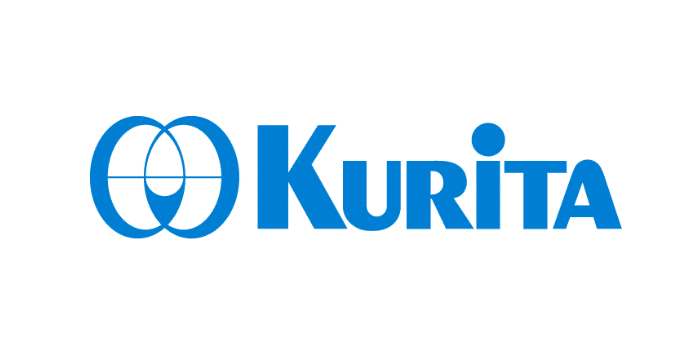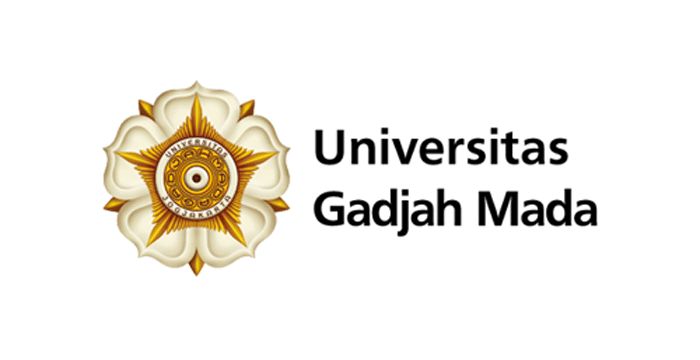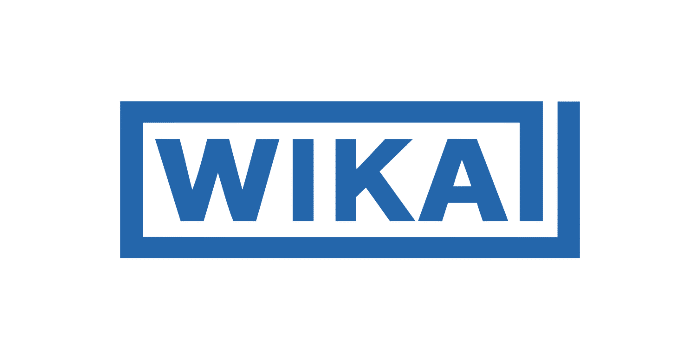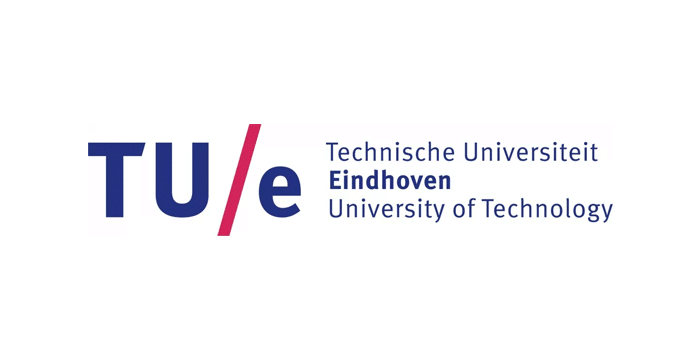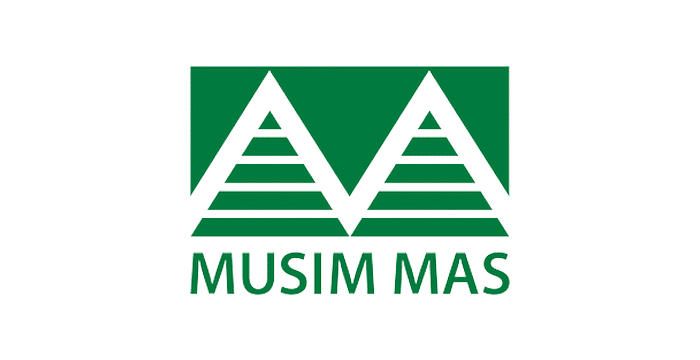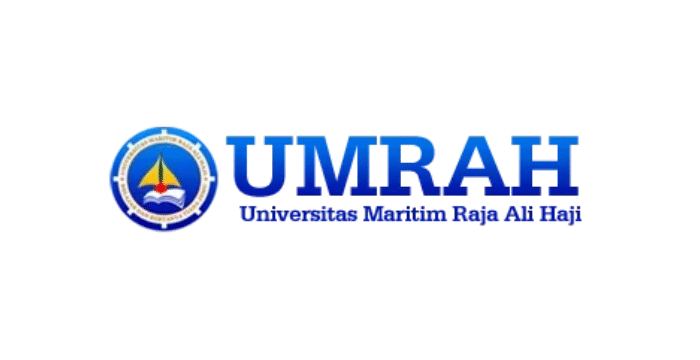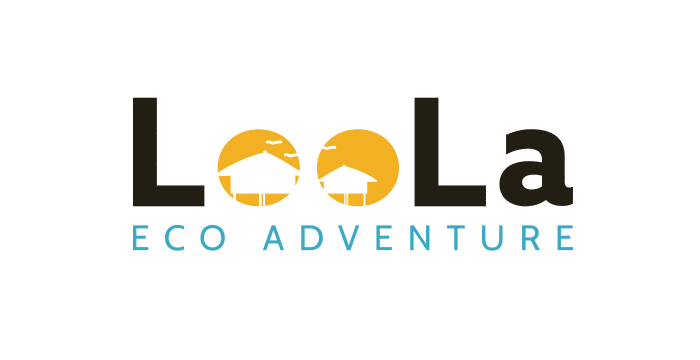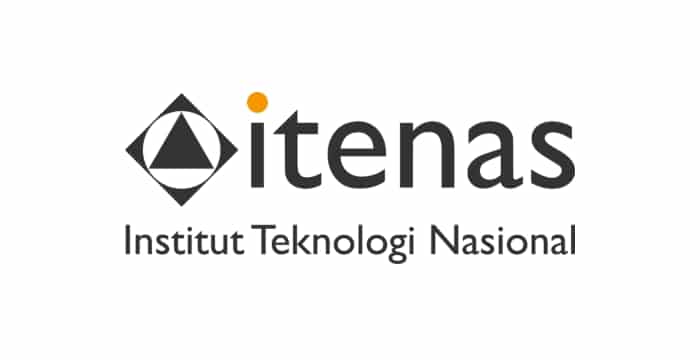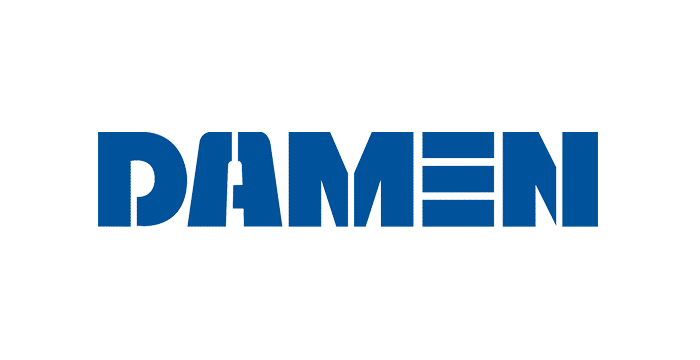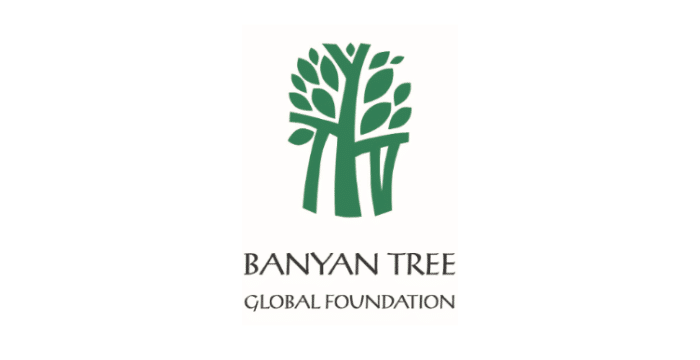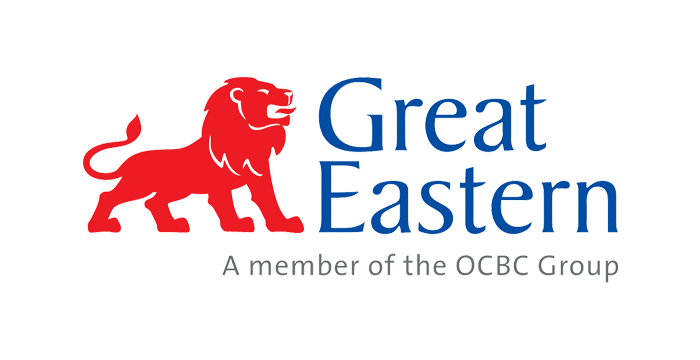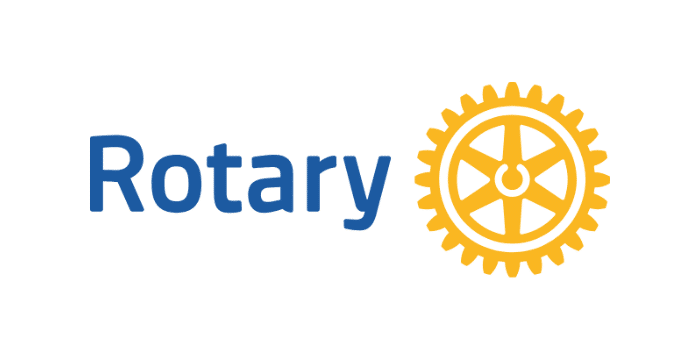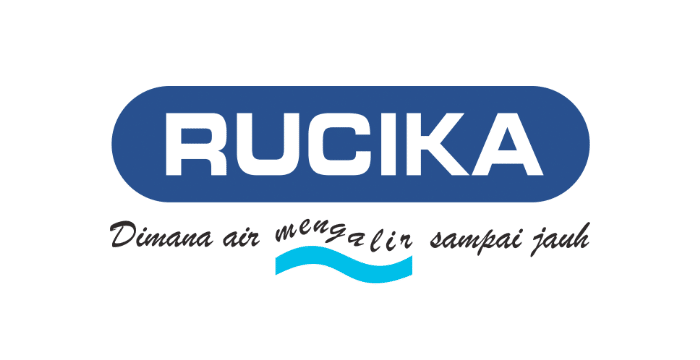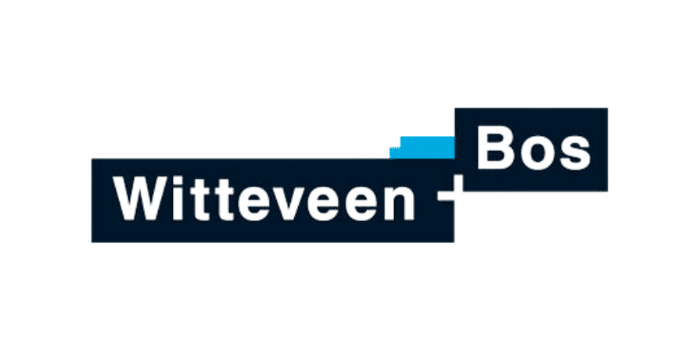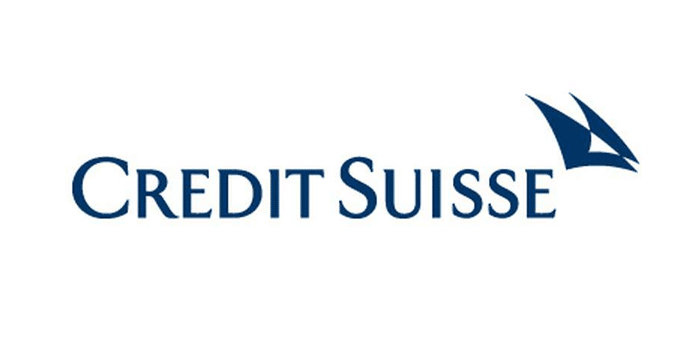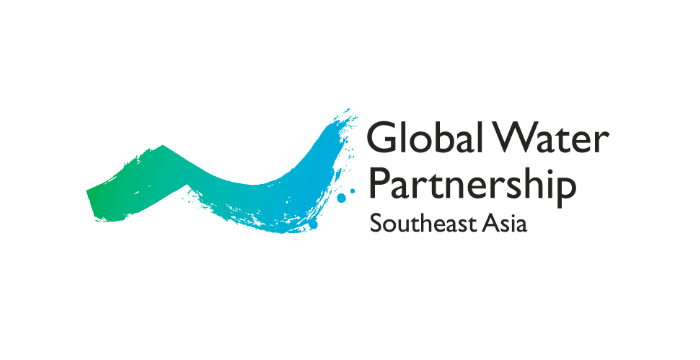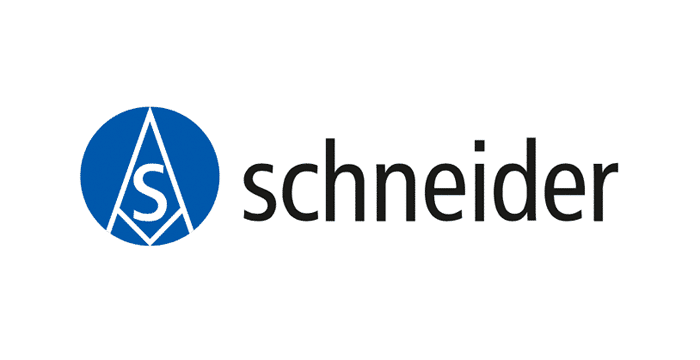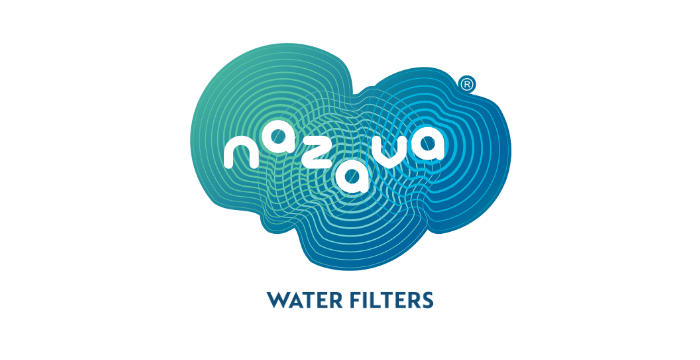Corporate Partnership
Scaling Your Impact Towards Water Positivity
Safe Water Gardens enables companies to optimize their water stewardship efforts, turning them into measurable Volumetric Water Benefits. Our system offsets your water usage cost-effectively, while advancing your sustainability goals.
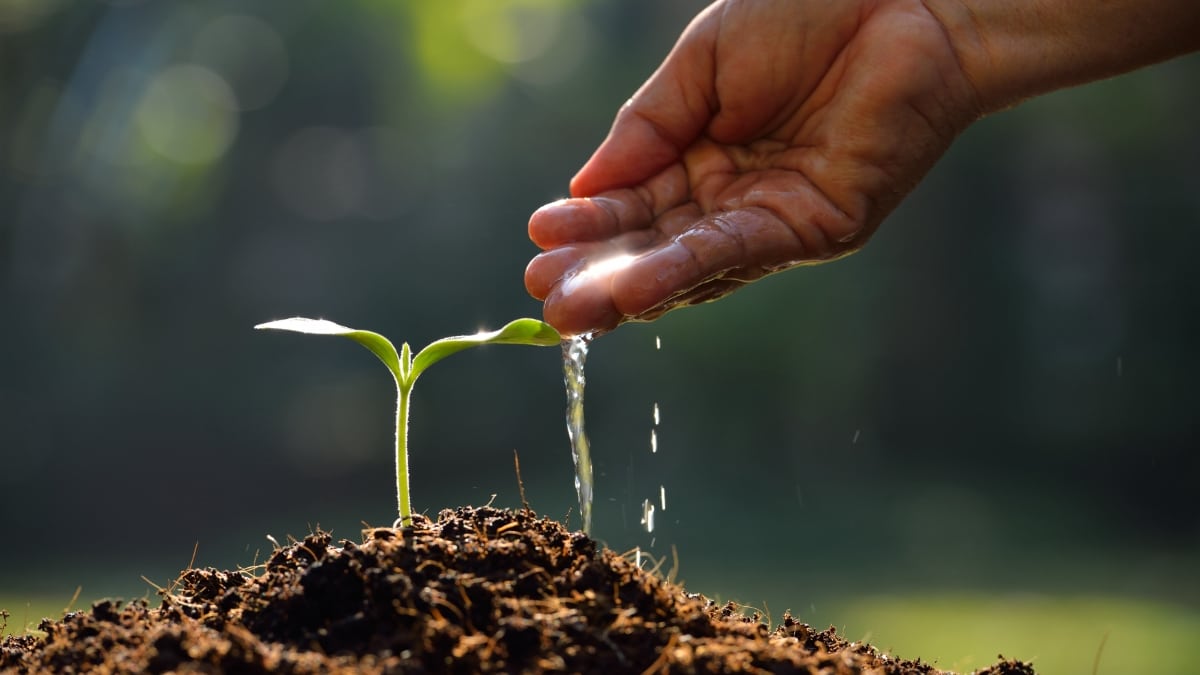
Partnering for measurable impact in water stewardship and community development in tropical regions
To fulfill their responsibilities in global water management, companies are adopting effective sustainability strategies, with a key focus on achieving water neutrality or water positivity. In some countries, governments require businesses to allocate a portion of their water usage to local communities. For instance, in Indonesia, this share is 15%. These regulations pose significant challenges for water-intensive industries, including agriculture, beverages, textiles, food processing, and chemical manufacturing.
A data-driven approach to water replenishment and WASH
Safe Water Gardens offers a cost-effective and data-driven solution for companies to support their replenishment projects while improving WASH in tropical regions – particularly in helping make local village communities Open Defecation Free (ODF). Beyond generating Volumetric Water Benefits (VWB), a partnership also contributes to food security, education, and women’s empowerment, fostering health, dignity, and economic opportunities.
What corporate partnerships look like

WASH+ program: Community-based water management
In partnership with Safe Water Gardens and Water Stewardship Indonesia, Coca-Cola Europacific Partners Indonesia (CCEP Indonesia) has carried out a series of impactful interventions in Kutamaneuh Village, located in the notoriously water-scarce Citarum Basin near Jakarta. This initiative builds on the success of the WASH+ program, advancing WAWASAN Nusantara’s holistic approach to sustainable community development.
Key outcomes
The project started by collecting village censuses to develop a data-driven approach to clean water, sanitation, and waste management. Based on this data, water and sanitation facilities were installed for those who needed them most. Additionally, a series of training sessions was held for community members and local officials, enhancing their understanding of sanitation, nutrition, and business development. These sessions also equipped participants with skills in waste management and supply chain development, enabling them to leverage additional capital for WASH and waste management initiatives.
52d
The team installed the Safe Water Gardens in under two months, including the transfer of ownership to the community.
200+
More than 200 of the most vulnerable families gained direct access to safe sanitation facilities through the project.
50,000
The first WASH project to deliver 50,000 m3 of VWBA-compliant data, laying the foundation for future initiatives.

WASH pilot project: Restoring dignity in village communities
The SAHABAT program, launched by Sinar Mas Agribusiness and Food, introduces comprehensive WASH to Indonesian households and schools in Sentabai, Kalimantan. In partnership with Safe Water Gardens, the initiative provides access to running water and safe sanitation, empowering local families to manage their health and livelihoods. This holistic approach builds self-reliance and confidence within the community.
Key outcomes
The project began with preparatory visits to define a tailored roadmap that provided local villagers with easier access to running water and maintenance-free sanitation facilities. The community received full ownership, eliminating any future liabilities to third parties. Training sessions focused on micro-farming, healthy eating habits, and launching small businesses, equipping the community with valuable skills. Sinar Mas and the local community trained future WASH experts to ensure they can independently scale up the project.
750+
The program provided comprehensive WASH to 153 residents, while over 600 others gained access to running water.
290+
More than 290 students across four schools benefited from the project, leading to improved health outcomes.
100%
The initiative has restored dignity and empowered villagers with confidence to manage their micro-farms sustainably.
More partners and stakeholders working towards water positivity
Unlocking shared value through public-private collaboration
We integrate public-private partnerships into every project, bringing corporates together with local governments and authorities. By working alongside all stakeholders, we leverage common expertise and resources to create regionally relevant solutions. This collaborative approach creates value for all parties – from achieving sustainability goals to supporting policy and governance efforts, to improving community health, restoring dignity, and creating new economic opportunities.
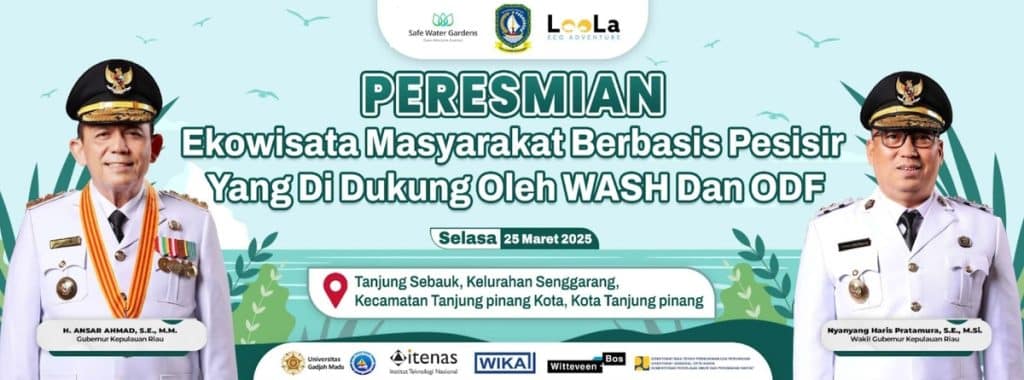
Exploring measurable solutions together
Implementing your sustainable water strategy requires in-depth discussions and reliable data to address the unique challenges of tropical regions. We look forward to engaging with you.
